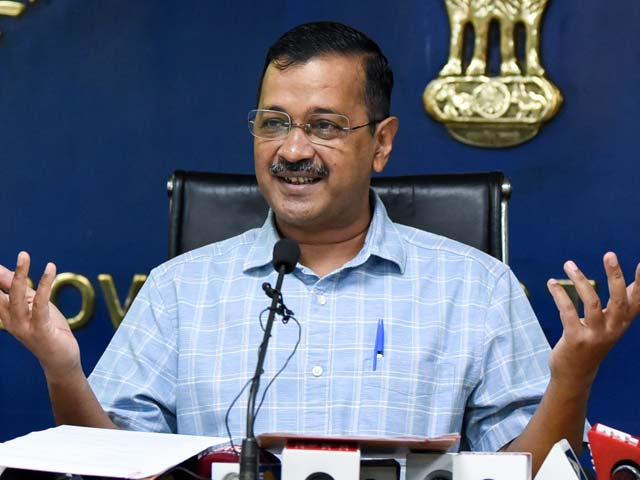In a significant legal development that reverberated across political circles, Delhi’s Rouse Avenue Court has delivered a verdict granting bail to Chief Minister Arvind Kejriwal in a case pertaining to his alleged non-compliance with summonses issued by the Enforcement Directorate (ED). This decision, rendered by Additional Chief Metropolitan Magistrate Divya Malhotra, stands as a testament to the principles of procedural justice and legal fairness.
Allegations Unraveled: Kejriwal’s Brush with the Law
The backdrop of the case is marked by allegations linking Kejriwal to a purported money laundering scandal associated with the alleged Delhi excise policy scam. Central to the accusations were Kejriwal’s purported failure to honor multiple summonses issued by the ED under Section 50 of the Prevention of Money Laundering Act (PMLA). The court’s ruling provides a sigh of relief for the Delhi CM amidst the legal labyrinth he found himself ensnared in.
Legal Clarity: Bail Granted, Documents Sought
The court’s decision to grant bail signifies not just a legal victory for Kejriwal but also underscores the inherent commitment of the legal system to uphold procedural justice. Moreover, the directive to the ED to furnish relevant documents to Kejriwal amplifies the importance of transparency and due process within the legal framework. This ensures that Kejriwal can adequately prepare his defense and engage in a fair trial, as guaranteed by the principles of natural justice.
Political Ripples: Kejriwal’s Prominence and Accountability
As Chief Minister of Delhi, Arvind Kejriwal’s prominence in Indian politics is undeniable. Consequently, the allegations against him have sparked intense debates regarding political accountability and the nexus between governance and legal scrutiny. The granting of bail offers temporary respite for Kejriwal, yet it also serves as a stark reminder of the importance of upholding the rule of law and ensuring accountability, particularly among public officials.
A Call for Justice: Navigating the Intersection of Law and Politics
The bail granted to Arvind Kejriwal in the ED summons case signifies a significant milestone in the ongoing legal saga. It encapsulates the complexities inherent in the intersection of politics and law, underscoring the imperative of upholding principles of justice and transparency. As the case progresses, it is incumbent upon all stakeholders to uphold the sanctity of the legal process and ensure that justice is served impartially and without prejudice.
In conclusion, the bail granted to Chief Minister Arvind Kejriwal serves as a beacon of hope for justice and fairness in the Indian legal system. It reaffirms the resilience of democratic institutions in upholding the rule of law, while simultaneously reminding us of the enduring importance of accountability and transparency in public life.
Also Read :
Election Commission Releases 2024 Lok Sabha Election Schedule
